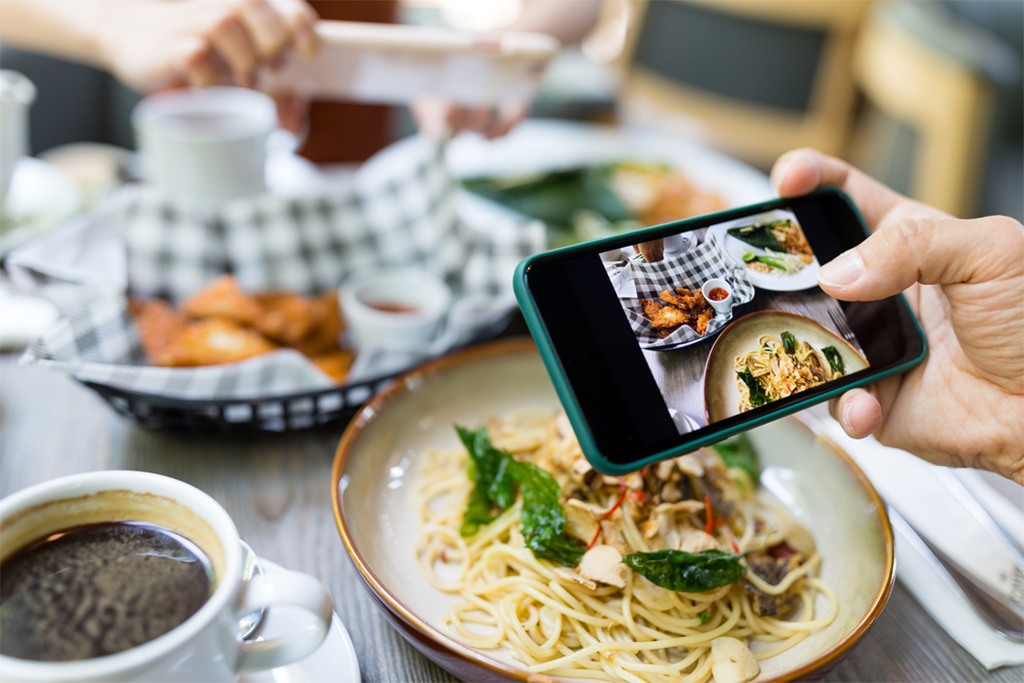Brand-related user-generated content (UGC) is common on social media, with consumers using UGC to express themselves, share their experiences, be entertained, informed, or socialize with others. The study investigates whether users’ engagement with a social media platform is affected as they engage in non-sponsored brand-related UGC. The concept of non-sponsored brand-related UGC encapsulates various social media patterns in which individuals choose how to consume, contribute or create brand-related content with no formal brand incentive or control.
The study investigates the role of different types of brand-related UGC on triggering users´ engagement with the social media platform. In that sense, the main research question is how the use of non-sponsored brand-related UGC by consuming, contributing and creating brand-related content affects users´ engagement with the Instagram platform and how it relates to the perceived value of non-sponsored brand-related UGC.
Instagram is used as the context for the study because it represents a large base, with more than 1 billion active users who are involved in a higher level of engagement with various brands. The authors collected 402 responses on Facebook and Instagram. The underlying logic to target the two main social media sites is in the fact that individuals who have a Facebook account commonly also have an Instagram account, facilitated through Facebook owning Instagram.
A variance-based structural equation modeling approach using partial least squares has been applied because the study is exploratory and methodological prerequisites of the data distribution and sample requirements.
The research shows significant and positive effects of UGC on Instagram users´ intentions to engage with the platform and the influence of UGC perceived value on UGC uses. The findings deepen our understanding of the mechanisms underlying non-sponsored brand-related UGC in consumer engagement marketing, with significant implications for brand managers and the future development of Instagram and other social media platforms. The UGC functional, social and emotional values are evaluated for their effects on generating the three distinct patterns of consumer online brand-related activities (consumer, contribute and create) in the non-sponsored brand-related UGC context. The findings indicate that engagement with the social media platform is driven mainly by uses associated with consuming and contributing, with all types of the perceived value of UGC influencing these uses, especially emotional and functional value.
The findings demonstrate the relevance of functional, social and emotional value in driving brand-related UGC engagement, challenging companies to incorporate and encourage this type of content in their online presence. It is important that managers are aware of specific triggers to be equipped to decide which route to follow when trying to inspire non-sponsored brand-related UGC. The non-sponsored brand-related UGC content should provide utility related to being useful, practical, entertaining and fun. Consequently, to encourage audiences to develop into creating brand-related content, non-sponsored brand-related UGC needs to evolve towards encouraging the social connection of their followers with their friends and social connections.





